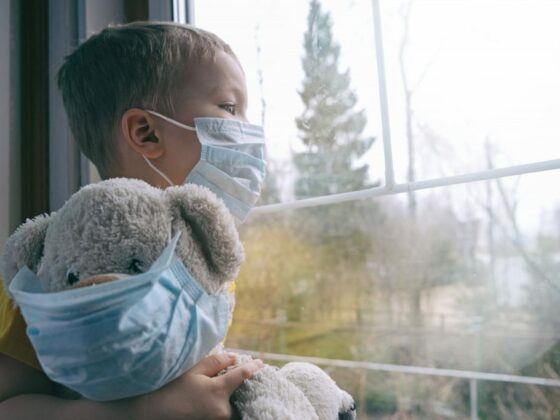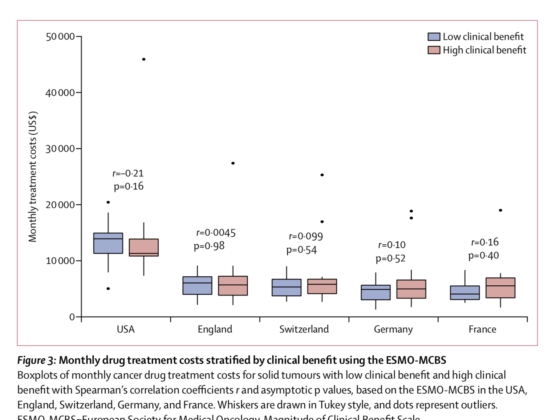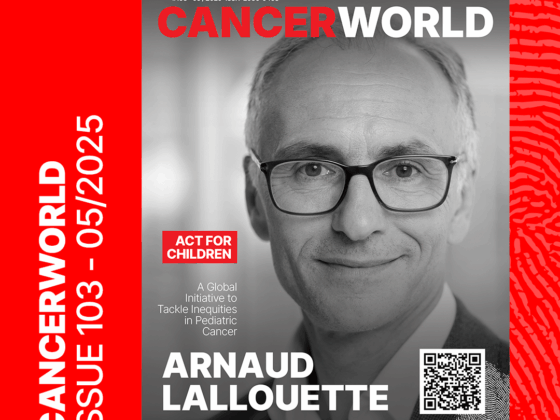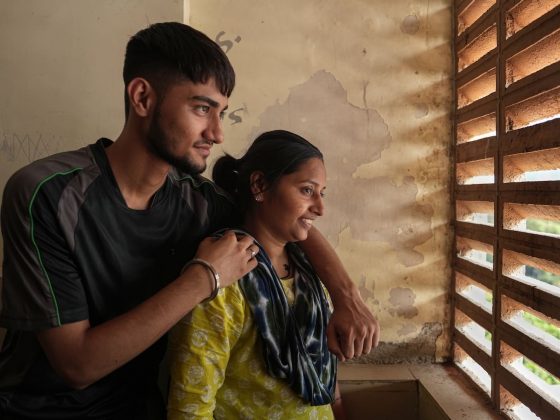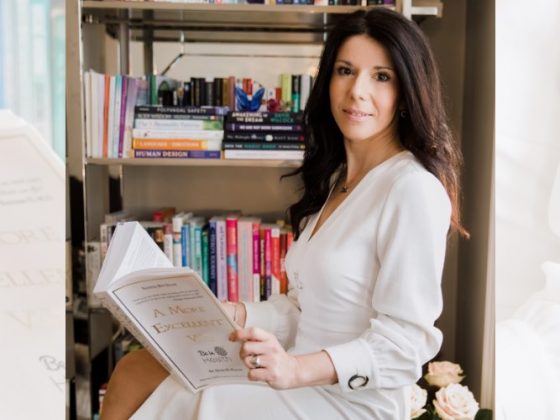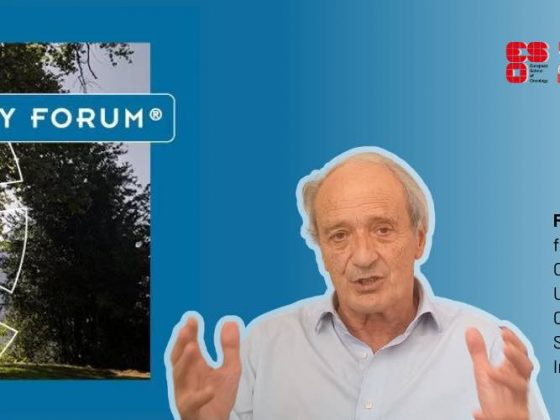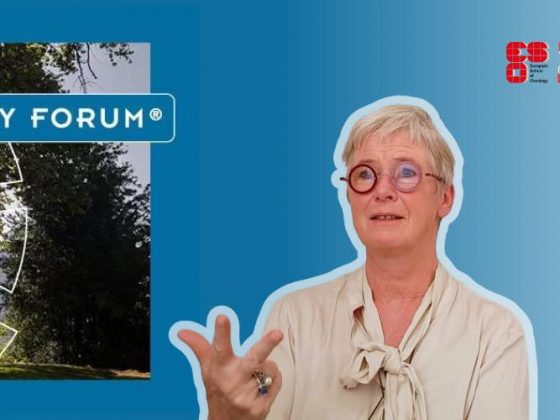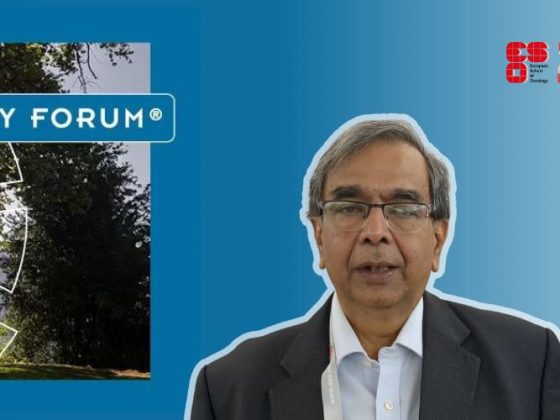Covid-19 has taught us that we need to think differently about many issues. One of the most important, in my view, is that we need to be ready to act quickly and decisively rather than just identifying and talking about potential problems.
In the oncology field, we have been discussing the importance of the role of independent cancer research in Europe for some time. Several reports have shown a need for change, both in the perception and practice of such research, and in the communication of the current problems to policymakers and others. Many researchers now agree that research until now has been too drug-centred and insufficiently patient-based. How we can take practical measures to change this has been a concern of EORTC for a while.
At the beginning of April, EORTC contacted ECCO to set up a conference call between representatives of 15 of its member societies to discuss how to take forward the proposals contained in the EORTC Manifesto, presented to the European Parliament in 2019. All those taking part supported further action based around the three scientific pillars of clinical research, epidemiology, and health economics. Taken together, these three pillars can identify gaps in research, and the treatments – drugs, surgery, combination therapies etc. – that should be optimised to best cater to the needs of patients and of public health.
The response of the European Parliament’s Panel for the Future of Science and Technology (STOA) to the growing demand for patient-centric research has been encouraging. They launched a research project to explore views on drug development trials specifically related to treatment optimisation. The comprehensive report on the subject is now available on the STOA website , and suggests new approaches to ensure that treatment optimisation studies are properly integrated into drug development studies and taken into account when regulators, payers and clinicians take decisions. However, significant political effort will be required to achieve this, since both European and national legislative frameworks will need to be modified.
EORTC, supported by ECCO, will be pushing for an independent, patient-centred societal approach to decision-making in healthcare systems. We will name this new approach ‘the State of Science in Care.’ It will build on two principles:
- The identification of candidate therapies and the assessment of key clinical questions to be taken forward in healthcare systems based on a multinational, independently driven, conditional access system, and
- The development of therapeutic strategies based on a scientific rationale that is beyond the remit of commercial pipelines.
Based on the three scientific pillars mentioned above, epidemiological and clinical researchers will collaborate to make sure that societal and clinical needs are met, while health economists will look at the efficiency and value of the potential treatments. The objective of the State of Science will be to conduct independent optimisation studies to identify the best way of using the selected treatments in healthcare systems.
Although the project already has substantial support, bringing it to fruition will need considerable effort, together with maximum collaboration between scientific organisations, patient representatives, and health economists, as well as the support of policymakers. The backing of European cancer societies is a sign that we are on the right track, but now we need to be seen to be acting rather than continuing to comment. There is an English expression: « Fine words butter no parsnips » that sums up the situation nicely. I am looking forward to working closely with all those who want to make the State of Science in Care become a reality rather than a slogan.
ECCO speaks out in support
“The EORTC Treatment Optimisation manifesto has struck a chord with the membership of the European Cancer Organisation, offering as it does a chance to redraw the paradigm for research and investment in cancer, said Dr Matti Aapro, ECCO president. “ECCO’s new Health Systems and Treatment Optimisation network, chaired by Yolande Lievens and Denis Lacombe, aims to add to the momentum for change and make this agenda unstoppable.”


